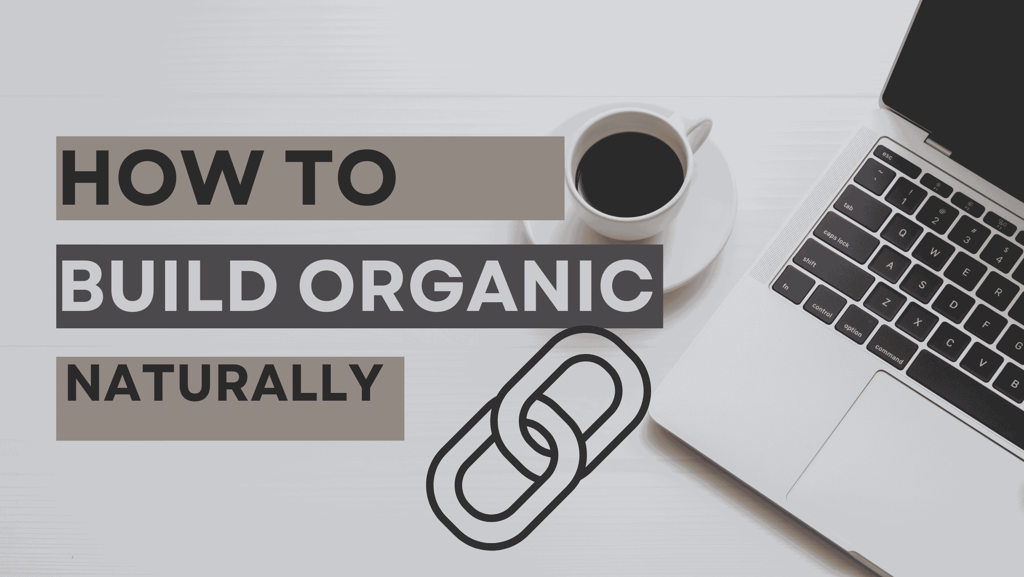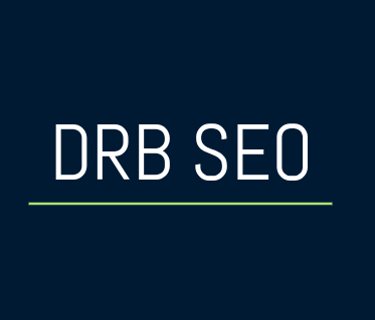How to Build Organic Links Naturally (A Complete 2025 Guide)
Discover how to build organic backlinks naturally in 2025 with proven SEO strategies, outreach tips, and content that earns links authentically.


Let’s be honest—the world of SEO can feel like a constant chase for authority. Everyone wants those top rankings, yet very few know the real secret: trust.
And when it comes to building trust in Google’s eyes, organic link building is the golden key. Natural backlinks aren’t something you buy or spam your way into—they’re the real deal because people actually want to link to your content. That’s what makes them so valuable.
If you’re looking to build up your backlinks without shelling out any cash, you’re in the right place. I’ll show you the tried-and-true methods that actually work. Let’s get into it and boost your site’s authority the honest way.
What Are Organic Links, and Why Do They Matter?
An organic link (or natural backlink) is a link that another website gives you purely because your content deserves it — not because of payment or a favour.
If you want a deeper breakdown of how natural link building works and why Google values it, check out Moz’s Beginner’s Guide to Link Building — it’s one of the most trusted resources for understanding the fundamentals of ethical link building.
Picture it like a nod of approval online. When another site links to yours because they actually like what you’ve done, Google sees that as proof your content matters—it’s reliable and deserves a spot at the top.
Why organic links are a big deal:
Boost authority: They strengthen your site’s domain authority and trust score.
Bring real traffic: Visitors discover you from credible sources.
Build credibility: a clean, ethical link-building profile tells Google you play fair.
Stay penalty-free: Natural links keep your site safe from Google’s algorithm updates.
Example:
If a marketing blog links to your case study on “SEO results in 2025” because it’s insightful, that’s a natural backlink — no outreach, no transaction, just genuine value.
How to Build Organic Links Naturally
So, now that’s clear, let’s dive into some straightforward strategies to help you score those valuable, long-lasting backlinks Google loves.
1. Create Link-Worthy Content (Your Foundation)
Here’s the truth — the easiest way to get organic backlinks is to create something people can’t help but share.
Focus on content that earns attention:
Data-driven posts: Share your own stats, surveys, or insights.
Comprehensive guides: “Ultimate” or “Complete” tutorials that solve real problems.
Original visuals: Infographics or graphs that others can embed (with a credit link).
Free tools or templates: These attract mentions naturally from blogs and forums.
🔍 Example: HubSpot’s free marketing templates have earned thousands of natural backlinks because they genuinely help people do better marketing.
2. Leverage Guest Posting — the Smart Way
Guest posting for backlinks still works — but only if you do it with purpose.
Skip the spammy sites. Aim for quality, not just a bunch of links. Write for blogs your audience actually reads. Give them something useful, and let the backlink show up on its own.
Tips:
Pitch fresh, helpful, and unique ideas.
Avoid low-quality blogs or PBNs.
Add your backlink naturally within context — not forced.
Done right, guest posting earns both visibility and manual link-building credit — while establishing your personal authority.
3. Try Broken Link Building (Win-Win Strategy)
This is one of the most underrated ways to earn natural backlinks — and it works beautifully.
Here’s how:
Find broken (404) links on relevant websites.
Create or suggest a piece of content that fits the same topic.
Reach out politely, offering your page as a replacement.
You help the website fix a problem, and in return, you gain a backlink. Simple and effective.
🧠 Example Tool: Ahrefs’ “Broken Links” feature is perfect for uncovering easy opportunities to replace dead links with your content.
4. Earn Backlinks Through HARO and Digital PR
Want strong backlinks in less time? Try media platforms like HARO or Connectively.
Journalists are always hunting for expert opinions. If they use your insights, you’ll land dofollow backlinks from big names like Forbes, HubSpot, and Business Insider.
Steps:
Sign up for HARO alerts.
Reply only to queries relevant to your niche.
Provide clear, valuable answers (and mention your credentials).
Even one mention can land you a backlink that skyrockets your domain authority.
5. Build Real Relationships (Not Just Links)
Here’s something many SEOs overlook: relationships build backlinks faster than outreach templates.
Start by being genuinely helpful. Comment on others’ posts, share their content, and give before you ask. When bloggers and editors see your name often, they’re far more likely to link to your work — naturally.
💬 Pro Tip: One authentic relationship can lead to five or more white hat backlinks over time.
6. Optimize Your Content for Linkability
You can write the best article in the world, but if no one sees it, forget about getting backlinks. So, make your content easy to find and link to. That means thinking about both your readers and search engines.
Best practices:
Use relevant anchor text optimisation.
Internally link to your top-performing articles.
Share across communities like Reddit, Twitter, and Quora.
Keep your backlink profile clean and diverse.
Search engines reward content that’s both useful and discoverable.
7. Create Evergreen Linkable Assets
Some types of content naturally attract backlinks for years. We call these linkable assets 'evergreen pieces' people keep referencing.
Examples include:
“Top 50 Tools for Bloggers” list
Research reports
Free checklists and templates
Case studies or industry insights
When people in your niche start treating your resource as the top link, the backlinks just keep coming—even while you’re off doing other things.
8. Repurpose and Promote Your Existing Content
And don’t just let your older posts sit there. Give them new life. Find fresh ways to repurpose them and connect with new audiences.
Turn a blog post into an infographic.
Convert YouTube videos into written guides.
Bundle your insights into an eBook or toolkit.
The more formats you share, the more people discover (and link to) your work.
Bonus: Keep Your Backlink Profile Healthy
Your organic link-building efforts don’t stop once you’ve earned backlinks. You also need to maintain them.
Use tools like Ahrefs, SEMrush, or Google Search Console to monitor and protect your link profile.
Keep an eye on:
Spammy links (and disavow them if needed)
Anchor text variety
Lost links (reclaim them through outreach)
Staying consistent keeps your site’s authority strong and future-proof.
Real-Life Example: How a Small Brand Earned 35 Natural Links
There’s this small eco-friendly shoe brand that put out a blog post called “How Recycled Sneakers Help Reduce Ocean Waste.” They didn’t just talk — they showed real data, added a sharp infographic, and got some big names in the sustainability world to share it around. That post caught fire. In only two months, it pulled in 35 organic backlinks. No paid ads. No shady moves. Just good content that people wanted to talk about.
That’s what true ethical link building looks like.
Conclusion: Build Links That Google and People Both Love
Let’s wrap this up with one truth building organic links naturally isn’t about shortcuts or luck. It’s about creating real value that people can’t help but share.
When you focus on white hat link building, authentic relationships, and helpful content, backlinks follow naturally and safely.
In 2025 and beyond, the secret to long-term SEO success is simple:
Be helpful. Be trustworthy. Be consistent.
Because when you give the web something worth linking to, Google and your audience will reward you.
FAQ: People Also Ask
1. What’s the difference between organic and paid backlinks?
Organic backlinks happen when people genuinely find your content useful and decide to share it with others. Paid links? Those are just bought, and honestly, they’re risky—Google can spot them and hit you with penalties.
2. How long does it take to build organic backlinks?
Well, it really comes down to how much effort you put in and how tough your niche is. Usually, if you keep publishing solid, link-worthy stuff, you’ll start seeing some traction in about two or three months.
